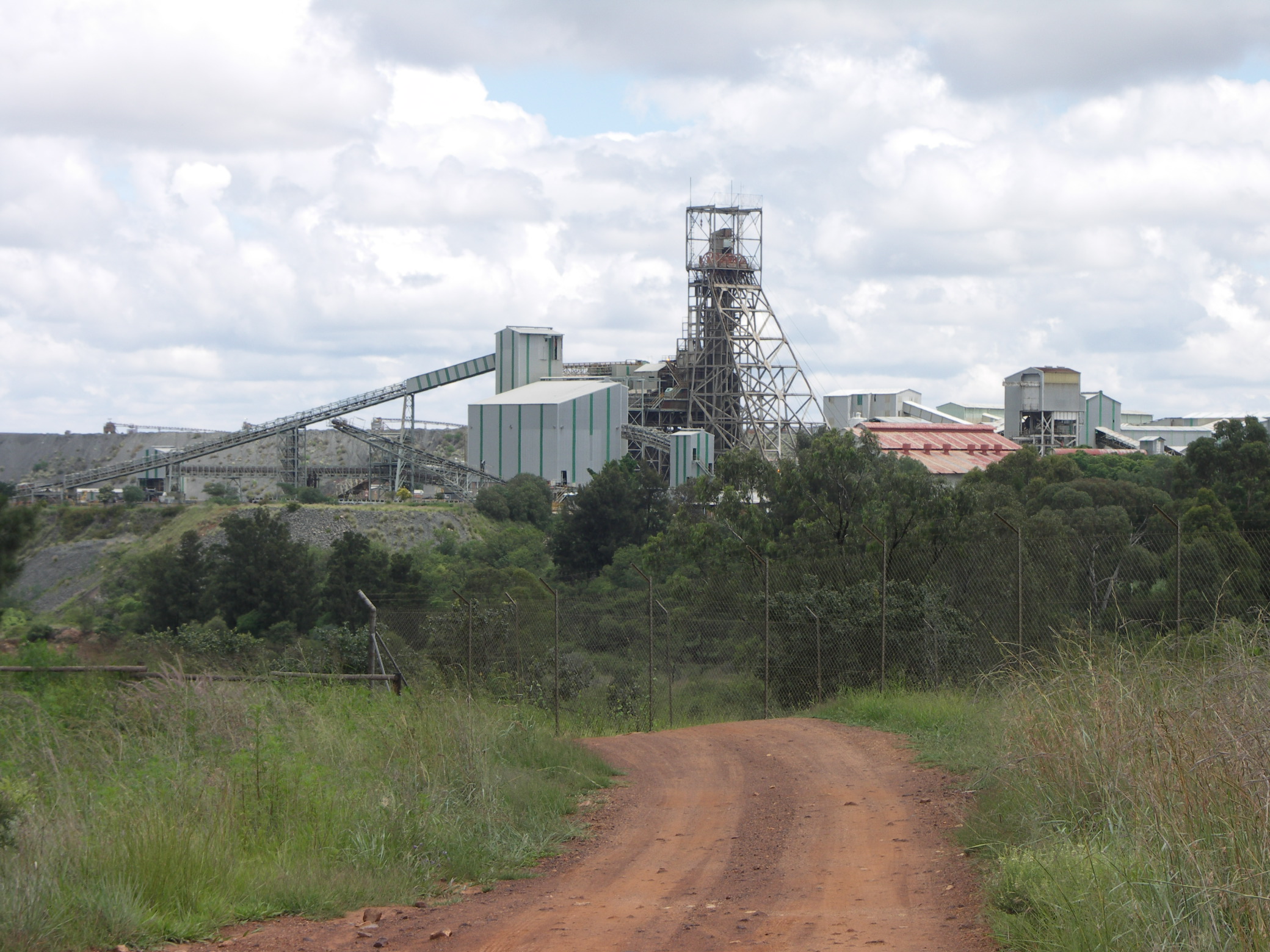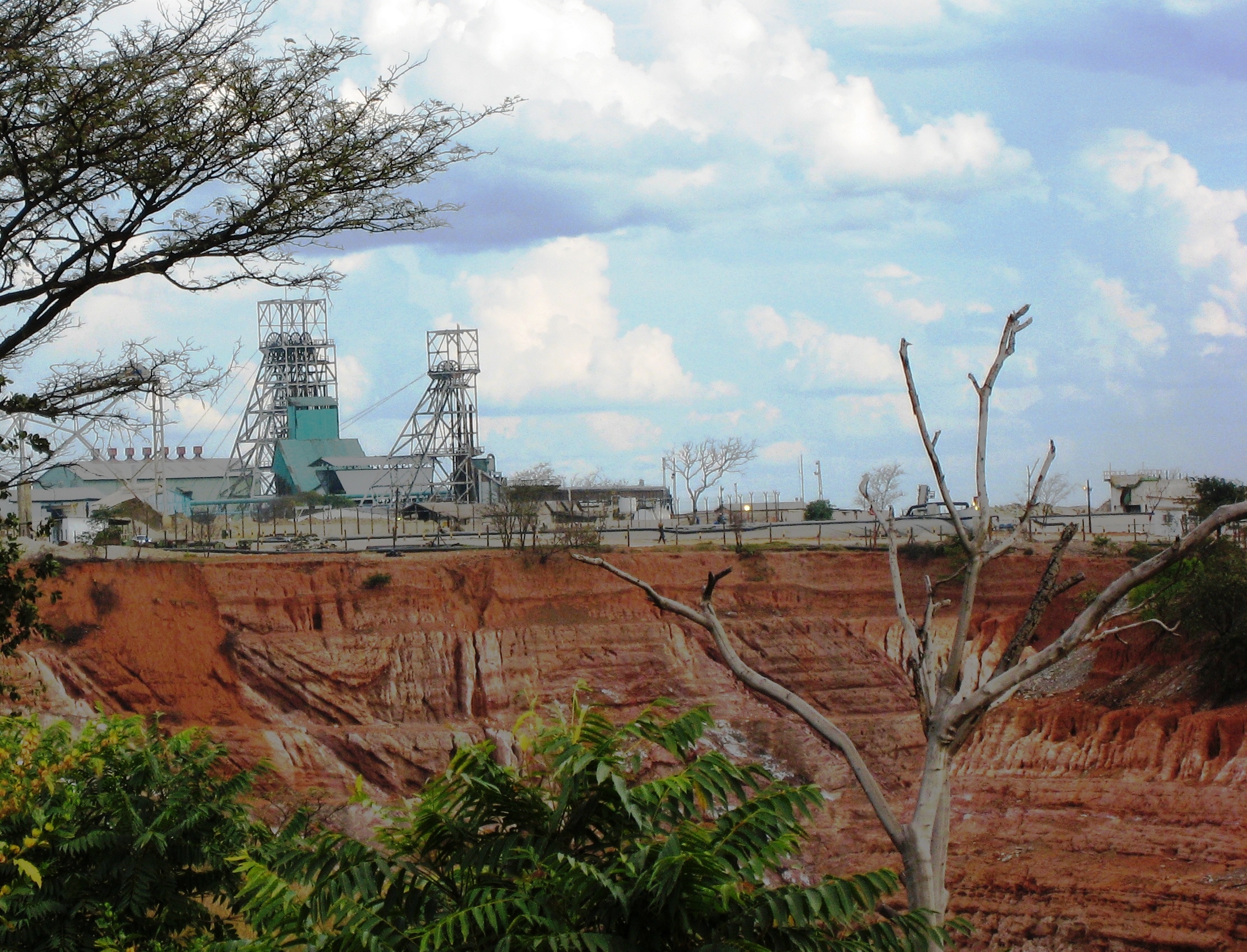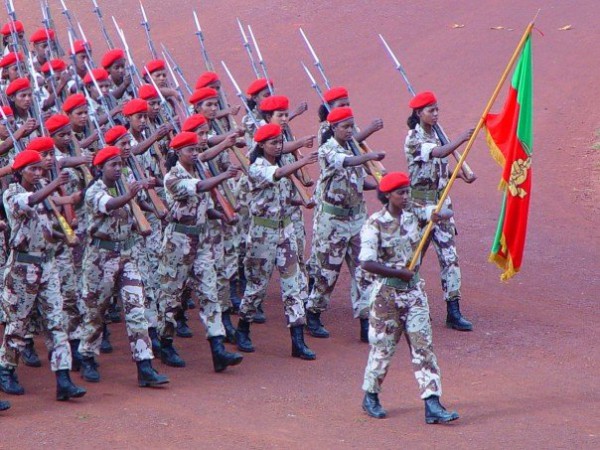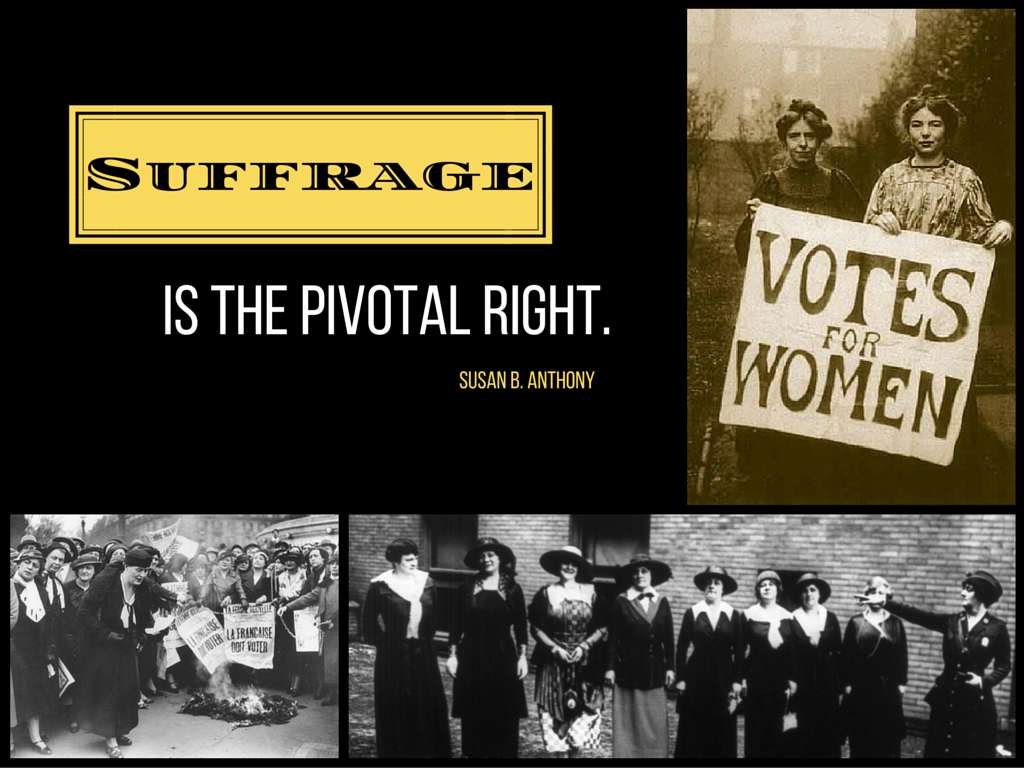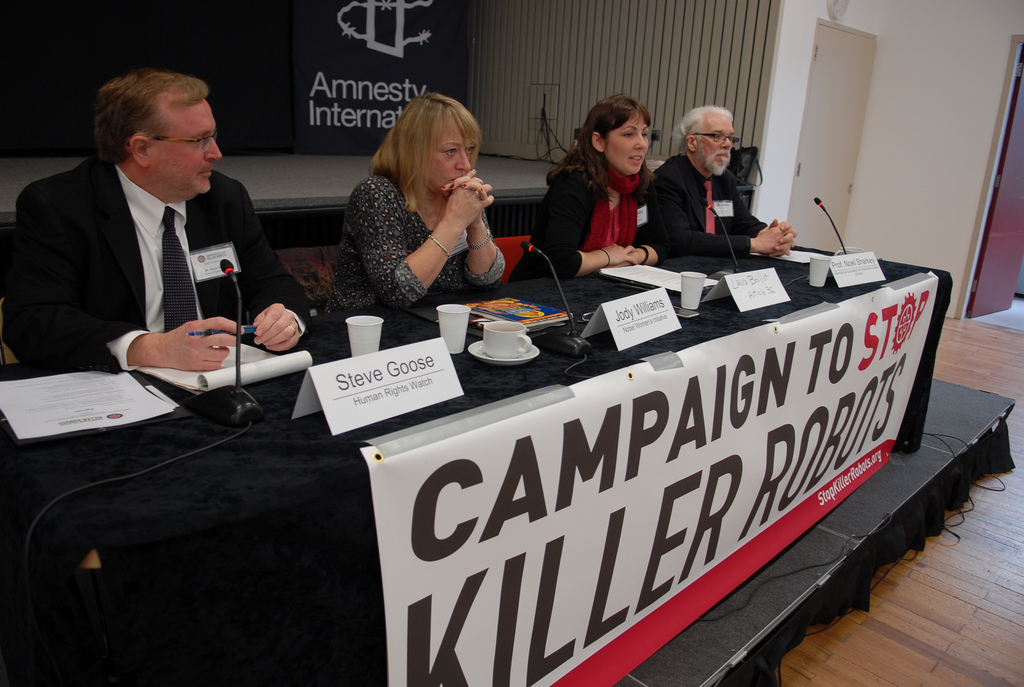Operational since 2009, the Bisha mine is a joint operation shared between the Eritrean government, and Vancouver-based Nevsun Resources Limited. Eritrea has held a close grasp on its mining sector. After terminating all foreign contracts in 2004, the Eritrean National Mining Company (ENAMCO) was created to manage all claims, and in December 2007 Nevsun procured the first-ever project in the country. While other foreign companies have now been preparing ventures, for many years Nevsun was the “only producing mine in Eritrea,” as stated in its 2013 Corporate Social Responsibility video. The mine is so crucial to Eritrea’s economy that in 2012, Canada accounted for 95% of the country’s exports. The Embassy of Canada to Sudan claims the “mine is expected to raise the Eritrean GDP by several percentage points.”
On June 6, 2015, the UN Human Rights Council published a 484-page report detailing the human rights situation in Eritrea. The document details the slow corruption of the young country’s constitution, and its turn to what the document calls “totalitarian practices.” A Constitution was passed in 1997, but it was never implemented, and in 2002 the National Assembly stopped convening, allowing the country to rule by government “Proclamations”.
Through its rule by decree, Eritrea has set up a system that has effectively enslaved much of the population. In theory, upon reaching twelfth grade Eritrean boys and girls are expected to serve six months in military training, though in many cases conscripts are never allowed to leave. The commission interviewed individuals who fled the country after 17 years of service, where they work in military camps with inadequate health standards, and a treatment of women so poor the report declares it “sexual slavery”.
In almost every way, the government has created a strong grip over every facet of life. Judges are picked by the government and receive a salary of $2 a day, forcing their allegiance to the executive; it “could even be affirmed that there is no rule of law in Eritrea.” Many citizens have been subjected to enforced disappearances or arbitrary arrest, for charges including “working for foreign entities”, “presumed attempt to flee the country”, and “the conduct of a family member”.
Reinforcing this system is an extensive surveillance operation. Through a coupon system originally meant to allow access to government shops, the government can keep track of citizens and their whereabouts. One person interviewed said the system was so encompassing, “I feel that I cannot even think because I am afraid that people can read my thoughts and I am scared.”
As a result of these abuses, many commentators have referred to Eritrea as “Africa’s North Korea.” Due to Eritrea’s history of human rights infringements, Nevsun Resources has fought a heavy public relations campaign to show the mine has improved the lives of Eritreans who work there. In its 2014 Human Rights Impact Assessment, the company affirms human rights “as a priority for ongoing due diligence”, recognizing the “precedent” they are taking as the area’s first modern mine.
The UN report specifically discusses the Bisha mine, emphasizing that the company is the “only foreign mining company paying royalties and taxes to the Eritrean treasury”, estimating it will give $14 billion USD to the Eritrean government in the next ten years.
According to the UN, beatings are commonplace at the mine, with many being punished for not working hard enough. One former conscript said “they punished us by tying us at night, not to waste our labour during the day.” Other anecdotes include being given safety briefings for non-existent safety equipment, and being imprisoned for questioning the management of the mine.
According to the report, few officials from Nevsun run the mine, instead the company just holds a 60% stake in ownership. Rather, the company is operated by the Bisha Mining Shareholders Corporation (BMSC), and built by a South African firm. According to testimonies, there are two types of workers. There are workers hired directly by BMSC, mostly foreign specialists, who receive the promised benefits Nevsun has advocated for. The rest are conscripts in the national service, who are forced to work there without receiving any information. The promised $21 USD daily salary instead has gone to the military officers, while the actual workers receive 450 Nakfa per month, equivalent to $1 a day. These workers are the ones working “long daytime hours doing hard, manual labour followed by regular night shifts guarding the camp.”
This is not the first claim of human rights abuses within the Bisha mine. In December of 2014, three Eriteans refugees sued Nevsun Resources over the unfair conditions. Nevsun’s CEO Cliff Davis claimed the allegations were “unfounded.”
At this point, it is difficult to discern Nevsun’s involvement with the mine, apart from foreign ownership. The Nevsun 2014 Human Rights report, which was conducted by a third-party consulting firm, mentions how “in some instances, it was not possible to gather conclusive information” about the mine’s practices, and interviews were restricted only to stakeholders.
But based on the UNHCR’s findings, a renewed focus is necessary to ensure foreign economic developments in Eritrea either respect human rights, or be terminated. The report mentions how “three other foreign companies have received approval to develop mining projects”, as well as a joint Eritrea-China venture to exploit the country’s resources. Both Nevsun and the wider public need to advocate for proper respect of human rights in these mining operations, or Eritrea will have successfully developed their economy on the backs of slaves.

